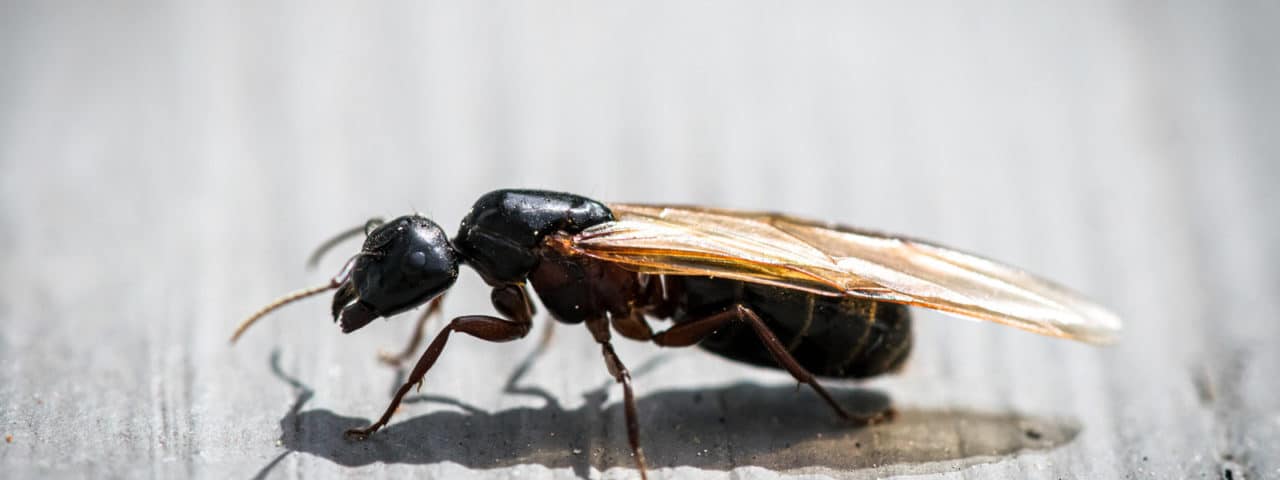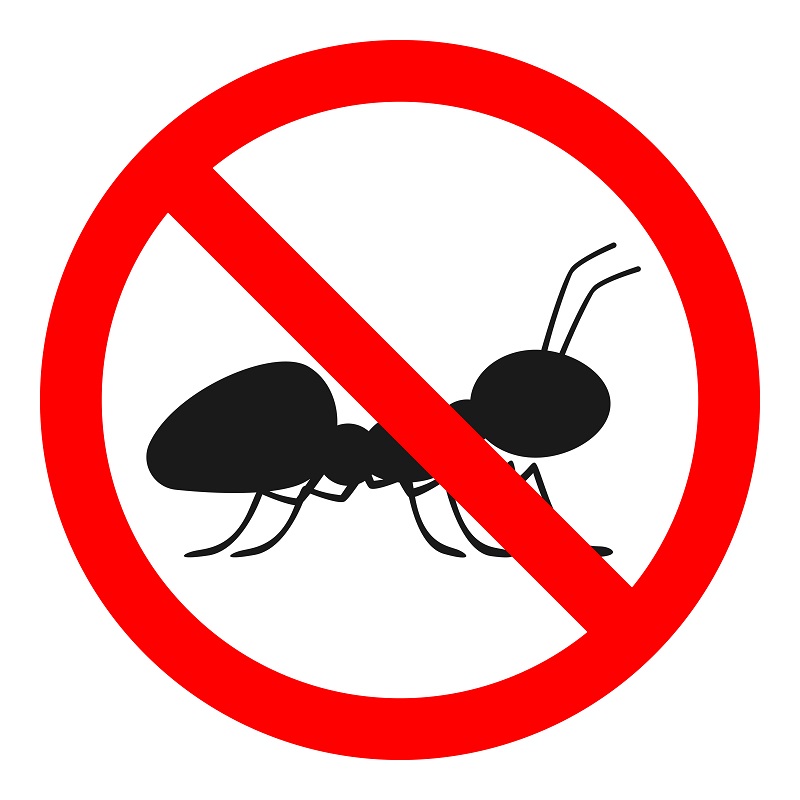Efficient Ant Control: Professional Services to Eliminate Ant Infestations
Efficient Ant Control: Professional Services to Eliminate Ant Infestations
Blog Article
Ecological Impact of Bug Control: Harmonizing Efficiency With Sustainability
The environmental effect of parasite control is a crucial issue that requires a delicate equilibrium between attaining performance in ensuring and taking care of bugs sustainability of our environments. From the use of dangerous chemicals that leak into our soil and water to the unintentional repercussions on non-target species, the repercussions of standard insect control techniques are significant.
Unsafe Chemicals in Insect Control
The utilization of hazardous chemicals in insect control poses considerable ecological and health risks that warrant mindful factor to consider and reduction approaches. Herbicides, pesticides, and pesticides are typically utilized to get rid of insects, yet their widespread application can bring about unexpected effects. These chemicals can pollute soil, water resources, and the air, affecting not only the targeted parasites yet also useful pests, wildlife, and humans.

To deal with these dangers, incorporated pest monitoring (IPM) techniques are being promoted as a more lasting choice. IPM includes a mix of approaches such as organic control, habitat control, and the targeted use chemicals as a last hotel (ant control kannapolis nc). By adopting a holistic approach to pest control, we can decrease the environmental and health influences linked with harmful chemicals while properly handling pest populaces
Effect On Non-Target Species
Taking into consideration the unplanned repercussions of pest control methods, the influence on non-target types is an important element that requires extensive assessment. While bug control actions intend to target specific insects, other microorganisms in the community may be unintentionally impacted. Non-target types, consisting of valuable bugs, birds, animals, and even plants, can endure straight or indirect injury from chemical applications or biological control methods.
Pesticides made to battle a particular bug pest may harm pollinators like bees or natural predators such as ladybugs. Biological control agents, if not species-specific, can position dangers to unplanned targets, interrupting the eco-friendly balance.
To mitigate the impact on non-target types, integrated insect administration (IPM) approaches that emphasize a holistic technique to pest control are recommended. These techniques focus on the usage of ecologically pleasant techniques, decreasing harm to useful microorganisms while effectively taking care of pest populaces. Performing complete threat analyses and checking the end results of parasite control initiatives are essential steps in protecting non-target species and promoting total ecosystem wellness.
Dirt and Water Contamination
Unintentional ecological consequences of bug control methods expand beyond influencing non-target types, with significant effects for soil and water contamination - termite control services. Pesticides, herbicides, and chemical plant foods used in pest control can seep right into the soil and contaminate groundwater, presenting a threat to both water and terrestrial ecological communities.
Water contamination is one more essential concern connected with insect control methods. To reduce this contact form dirt and water contamination from pest control tasks, integrated insect monitoring strategies that prioritize sustainability and minimize chemical inputs are essential.
Air Air Pollution From Chemical Use
Exposure to airborne pesticides throughout agricultural applications postures a substantial worry for air pollution control measures. In addition, chemical drift, where pesticides are lugged by the wind to unexpected areas, can lead to the contamination of nearby environments and water bodies.

Methods for Sustainable Pest Control
In the world of farming methods, executing lasting insect control strategies is critical for preserving eco-friendly equilibrium and safeguarding crop yields. Sustainable parasite control stresses the use of ecologically pleasant techniques to take care of bug populations properly while decreasing harm to non-target microorganisms and ecosystems. Integrated Bug Management (IPM) is a commonly taken on method that incorporates biological, cultural, physical, and chemical control approaches to accomplish long-lasting parasite monitoring solutions.
One trick approach in lasting insect control is promoting biodiversity within agroecosystems. By boosting natural opponents of pests, such as killers and parasitoids, farmers can lower the requirement for artificial chemicals. Plant rotation and diversity are likewise reliable methods to interrupt pest life cycles and develop less favorable problems for bugs to flourish. Furthermore, using pest-resistant crop varieties and employing techniques like catch cropping can help lower bug pressure without counting heavily on chemical treatments. Eventually, by integrating these lasting insect control techniques, farmers can achieve an equilibrium between pest monitoring performance and ecological stewardship.
Verdict
To conclude, the environmental influence of insect control methods should be very carefully considered to balance performance with sustainability. Hazardous chemicals used in parasite control can bring about soil and water contamination, air pollution, and injury non-target varieties - ant control. It is essential to carry out lasting pest control approaches to reduce these negative results on the atmosphere and advertise a much healthier community for future generations
By taking on a holistic technique to pest control, we can decrease the ecological and health effects linked with damaging chemicals while properly handling pest populaces.

To alleviate the air pollution created by pesticide usage, it is necessary to adopt incorporated parasite management approaches that focus on the use of non-chemical bug control methods, such as plant rotation, all-natural predators, and resistant plant ranges. Lasting bug control stresses the usage of environmentally friendly approaches to handle bug populaces efficiently while lessening injury to non-target organisms and environments. Integrated Parasite Management (IPM) is a widely embraced technique that incorporates organic, cultural, physical, and chemical control methods to achieve long-lasting bug monitoring solutions.
Report this page